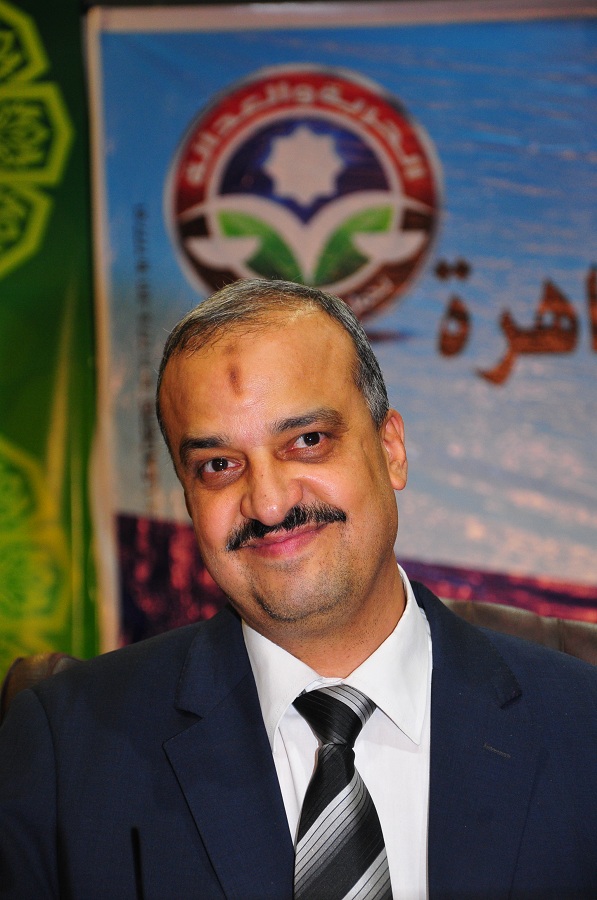For the last five years, Russia’s role in the international search for peace in the Middle East has been realized within the framework of the Quartet. Moscow made the decision to join the international mediators for several reasons. In 2002, Russia had no great ambitions in the region. The Middle East was not high on the list of priorities (post-Soviet states, for example, were of much greater importance), and Moscow’s ability to act independently was curbed at the time by economic and financial restraints. A third very important factor was Sept. 11, 2001. The terrorist attacks on the World Trade Center marked a new stage in Russia’s relations with the United States and the European Union, and Russian President Vladimir Putin extended Russia’s support to the American president in his war on terror. Both countries stressed their common interest in a long-term partnership. The Russian leadership hoped at the time that after Sept. 11, the US administration would show more understanding of the developments in Chechnya, where international terrorists were active. This new turn in international developments did not change the traditional bent of Russian foreign policy, in other words pragmatism dictated by national interests and available resources. Russia’s decision to support the US “road map was thus made against the background of its search for strategic stability and its participation in the anti-terrorist coalition. It was also recognition of the special role the US assumed in the Middle East peace process. The Quartet provided the best possible framework for the resumption of active Russian mediation because as an international endeavor it ensured that a one-sided approach was rejected. Furthermore, while lacking funds, Russia had one source of precious political capital to draw on – its traditional friendly relations with Arab countries, boosted, since 1991, by newly developed and fruitful ties with Israel. The Soviet Union, despite its superpower status, could not boast of good relations with all parties to the conflict. The invasion of Iraq, however – sharply criticized by Russia, France and Germany – was a severe blow to Russian-American relations. It could only make progress in the Middle East peace process even more problematic. For the Arabs, Washington’s role as an “honest broker was compromised not only by America’s traditional support for Israel, but now even more by its occupation of Iraq. Under the circumstances, Russia could no longer rely on the US to take a leading role in the Quartet. With no breakthrough in sight and with the US trapped in Iraq, the Russian leadership – more confident now due to newly acquired resources – began its own calculation to balance its strategic and economic interests spanning the Arab-Israel divide. Russia thus started a more active and independent course in the region. In 2005, Putin visited Egypt and Israel, and in 2007 he went to Saudi Arabia. The visits served to demonstrate Russia’s return to the scene after a long period of political, military, and economic withdrawal. In the context of the peace process, Russia also has an advantage over the EU and the US in that it can speak to regional actors usually labeled “spoilers in the West. This list includes not only countries like Iran and Syria, with their significant influence over regional developments, but also radical organizations like Hamas and Hezbollah. It should be stressed that, in speaking to Hamas leader Khalid Meshaal during his two visits to Moscow, Russia confronted him with the by now well-known Quartet conditions. Moscow was trying to send Hamas the message that a certain level of political responsibility was now expected from the movement after it had had won Palestinian legislative elections. According to a Foreign Ministry statement, Russia thus was working toward “stabilizing the situation in the Palestinian territories and overcoming the inter-Palestinian discord that followed the Mecca agreement between Hamas and Fatah. Russia believed that the formation of a Palestinian national unity government “that takes into consideration the criteria of the Quartet, and also the resumption of the Palestinian-Israeli dialogue, would be the way out of the deadlock. Russia’s contacts with Hamas, however, raised a lot of eyebrows. Russia was accused of double standards even though, according to Foreign Minister Sergei Lavrov, “what we are doing [through those contacts] is aimed at implementing the position of the Quartet. In fact, Russia found itself in an awkward situation. As a Quartet member it had to support even those preconditions of the Quartet that were not workable. For instance, it was obvious that Hamas would not openly recognize Israel. Nevertheless, it could have been induced to start negotiations with Israel within the framework of a Palestinian national unity government. On a related issue, Russia supports the idea of Syria’s participation in the peace process, but Moscow’s decision to sell advanced anti-aircraft missiles to Syria was criticized by Israel and the US. Russia still has economic, military and political interests in the region. These do not necessarily correspond with those of the US and the EU, and that is their utility. Moscow remains a pragmatic player, and in this capacity it can help the Quartet moderate the irreconcilable positions of the conflicting parties. Irina Zvyagelskayais vice-president of the International Center for Strategic and Political Studies in Moscow. This commentary first appeared at bitterlemons-international.org, an online newsletter.

